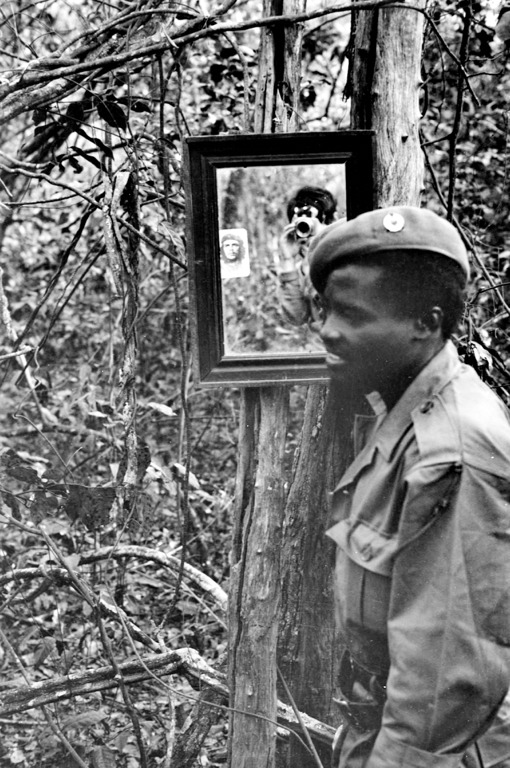Artistic Encounters | ARTIVISM AND DECOLONIZATIONS
October 17th 2024
Hangar – Centro de Investigação Artística
12 Damasceno Monteiro Street, Lisbon
Curated by Maria do Carmo Piçarra
Support: Calouste Gulbenkian Foundation, DGArtes, Portuguese Republic – Culture
Partnerships with Africa, School of Arts – Autonomous University of Lisbon, Hangar – Artistic Research Center, Cinemateca Portuguesa-Museu do Cinema, Fondazione Archivio Audiovisivo del Movimento Operaio e Democratico (AAMOD).

© Augusta Conchiglia
11:00 – 11:30 am – Daniel Barroca & Catarina Laranjeiro: O Chão é Lava!
O Chão é Lava! [The Floor is Lava!] was the title suggested by Sara Santos for this exhibition in which the artist presents iconic buildings in Cacém forming a corner with a blanket map where she has been inscribing a subjective geopolitics of Europe. In another nucleus, Europe pretends to be Africa. Amateur film directors, such as João Pereira (Tikai) and Nelca Lopez, imagine themselves in their home countries while being in the suburbs of Lisbon. In parallel, the temporality of the War in Guinea-Bissau, seen through the eyes of José Estima, a former Portuguese soldier, dialogues with images of the Kyangyang messianic movement, by Ramon Sarró and Marina Temudo, and arranged by Ana Temudo.
11h30 – 11h45 – Coffee break
11:45 am – 1:00 pm – Cinema outside the State: Silas Tiny, Falcão Nhaga, Jorge Cohen (in conversation with Maria do Carmo Piçarra)
1:00 pm – 3:30 pm – Lunch
3:30 pm – 5:30 pm – Billy Woodberry – A Story from Africa
Catarina Laranjeiro is a researcher at the Institute of Contemporary History at NOVA FCSH, where she develops research on vernacular cinema in Cape Verde and Guinea-Bissau, and their respective diasporas in Portugal and France. She has a PhD in Post-Colonialisms and Global Citizenship from the Center for Social Studies at the University of Coimbra, and a master’s degree in Visual and Media Anthropology from the Freie Universitaet Berlin. She regularly participates in various projects and collectives that combine anthropology, photography and cinema.
Silas Tiny was around 30 years old and he was still attending a film school when he directed Bafatá Filme Clube in Guinea-Bissau, a film filled with an intense feeling of loss. He continued with O Canto do Ossobó, a work in which he returns to his origins to film the marks of colonial violence on plantations in S. Tomé and Princípe, which he also addresses through family stories.
A Portuguese director of Guinean and Cape Verdean descent, Falcão Nhaga directed Mistida, “perhaps the most solid of ESTC’s recent production films – carried out as an end-of-course exercise by the third and final year class of the Cinema degree. Throughout its thirty minutes, one feels the confidence of its director’s gaze, Falcão Nhaga, revealed in the simplicity of the narrative, in the minimalism of the text and pretexts, in the shameless use of silences, in the simplicity of his mise en scène and in the confidence of his découpage (the strength of the few shots/counter shots that break with the tendency to general and distant shots), in all this, the portrait of a diasporic generational clash” (Ricardo Vieira Lisboa).
Jorge Cohen was born and raised in Luanda. The short film Alambamento (2009) was his first contact with the world of cinema, as production director, and shortly after, in 2010, he became co-founder of Geração 80. He accumulates this with the production of the production company’s main works, including the first feature-length fiction film, Ar Condicionado. He holds a master’s degree in Global Cultural and Creative Industries from SOAS, University of London (2018), and a master’s degree in Business Administration from the Catholic University of Lisbon (2009).
